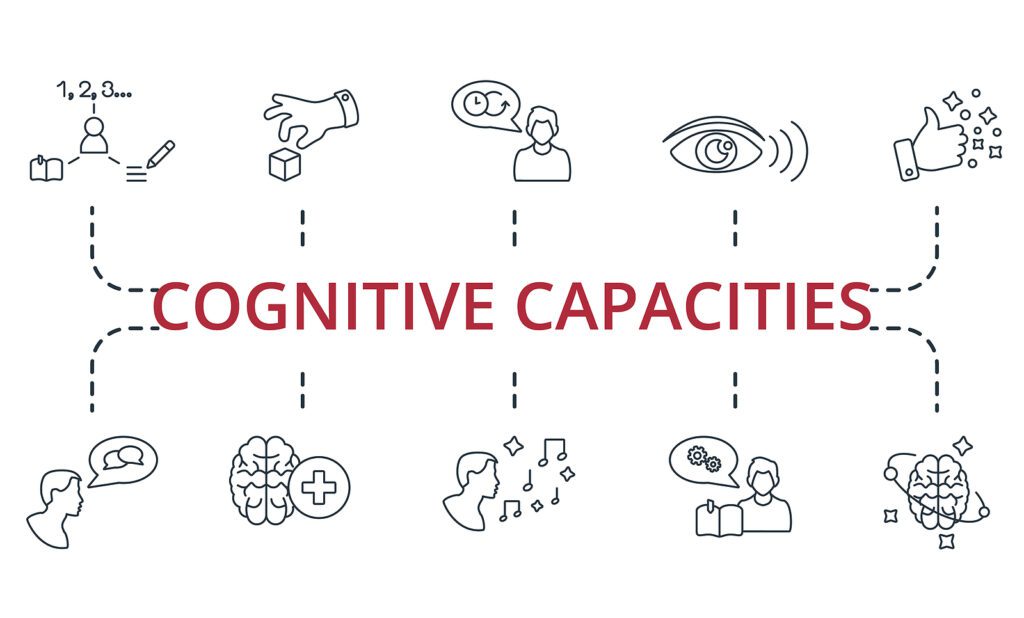Who’s in Charge? Navigating Uncomfortable Family Dynamics During Downsizing

If you’re a senior downsizing specialist or a home organizer professional, odds are you’ve navigated uncomfortable family dynamics during downsizing while helping a senior move.
It’s extremely common to find a parent and their adult children at odds on things such as what to give away, questioning the pace of the senior’s progress in getting rid of things, or how to approach such a daunting move.
It can get tricky when you’re trying to support your clients and get them successfully through the experience in one piece and still keep the peace. Your focus, of course, is to get them into their new home with the least amount of stress possible.
The Dilemma
So, what can you do if you find yourself face-to-face with an adult child who is determined to take the reins? It’s hard to watch your client’s dismayed, or even angry, expression as their child lands, sometimes uninvited, in the midst of your project like a commando dropping in from the sky.
It’s not that the family is trying to complicate things. In fact, their intentions are usually quite the opposite. They just want to help. They’re worried about their parents and want to complete the process quickly and efficiently.
But often the unintended result is to make their parents feel even more overwhelmed, disrespected, and upset. Their parent feels their autonomy and capabilities are being questioned.
As a professional, you have multiple roles. Yes, you provide a plan and expedite it, but you are also your client’s advocate, especially when one or more of your client’s family pushes their own agenda. Inevitably, it seems, tensions will start to build.

Your Priority
As a professional serving the senior community, we have to honor and maintain a code of ethics. At the top of that list is preserving their autonomy and dignity.
Autonomy ensures that your client maintains their ability to make their own decisions and control over their future. Not only is it the right thing to do, but it also has important beneficial health implications. It improves their life experiences and promotes good emotional health.
Research has shown that maintaining autonomy and independence can help an older person live longer, as well as avoid serious mental health issues such as depression, Relocation Stress Syndrome, anxiety, and other conditions created by intense stress.
Therefore, as long as your client meets the criteria for capacity, meets the legal definition of competency, and clearly understands their options, pros, and cons of any decision, the priority has to be to honor your client’s wishes above their families.

The 4 Criteria for Assessing Capacity
But what if you are on the fence about whether your client falls within the requirements for capacity?
While establishing capacity is ultimately a decision that a family practitioner would need to make, it’s best to be aware of the four criteria that the medical field uses in its assessments.
Though the criteria examples given in a National Library of Medicine article on capacity were related to health treatment, the same criteria would apply to any decision your client might be facing.
They include:
1) The Ability to “Evidence a Choice” – This simply means that the individual has the cognitive ability to reach a decision.
2) Ability to Understand Relevant Information – This relates to the “why” behind the issue they are considering. Do they understand the problem at hand or the information that surrounds it?
3) Ability to Appreciate the Situation and Its Likely Consequences – Does the client understand how the situation can affect them or the consequences of the options they’ll be choosing from?
4) Ability to Manipulate Information Rationally – This is about the client’s general ability to use rational thought processes to assess an issue, and then be able to logically implement that information.

Who Makes the Call on Capacity?
If a client cannot meet these four criteria, then a family may have a basis for legitimately needing to take on a decision-making role. However, to do that, they must have their parent formally assessed by a physician.
Other factors can be at play here that can affect a person’s ability for capacity too, such as evidence of impairment. Is the client using drugs (legal or illegal) or alcohol excessively? Are there signs of dementia? Is the client experiencing hallucinations or unable to handle basic everyday personal care?
These are the types of questions a physician would ask a family member. If a lack of capacity is established, the family would still be required to obtain legal authority through the court system. A power of attorney would then be created to allow them to act lawfully on their parents’ behalf.
However, if there is no basis to assume this level of authority, the client retains their right to autonomy and can continue to make their own decisions, regardless of whether their family agrees or not.

Getting the Family on Board
It can be challenging to navigate through an emotional situation like this, especially if one or more family members are getting ugly about it. Nonetheless, whenever possible, it’s important to try to get the family on board to support their parent. There are a few ways to do that.
Open Communication
Communication is the key to helping both parties find common ground. Families are often genuinely surprised to find their efforts are being perceived as a problem.
We often act as unofficial mediators in our work. This allows both the parent and their family to voice their concerns and issues without anger or resistance. Having a neutral third party to offer calming ideas and perspectives can be a game-changer when the family dynamic gets stuck in old dysfunctional patterns.

Bring Plenty of Patience
Be prepared to draw from a deep well of patience when you are faced with highly emotional situations like this. Keeping the tone of your voice low and calm can help others tone down the rhetoric and unconsciously mirror your energy.
Keep the dialog focused on the benefits of how they can work together, steering away from the judgments that cause friction. Underscore to the family how important being in control of your own destiny is to a person’s sense of peace and happiness.

Education
As senior-service specialists, we can use these situations as an opportunity to educate and empower our clients and their families. Encouraging them to find ways that will allow each side a win can also help immensely.
Sharing your plan, why it works, and how you can integrate both sides of the family tree to make it a success, can take a lot of pressure out of the situation too.
Ultimately, your priority is to support your client’s right to autonomy and independence. If it gets too ugly, it may require removing the family from the planning and implementation process.
Their health and welfare must come first. Transition at any level is difficult and emotionally stressful, but you play a remarkably important and supportive role in helping them make that transition as stress-free as possible.
Deborah
P.S. Thinking about adding downsizing services to your home organizing or Realtor business and have questions? Book a free 20-minute consult with me by clicking here! More online courses are available at The Downsizing Institute for professionals here.
